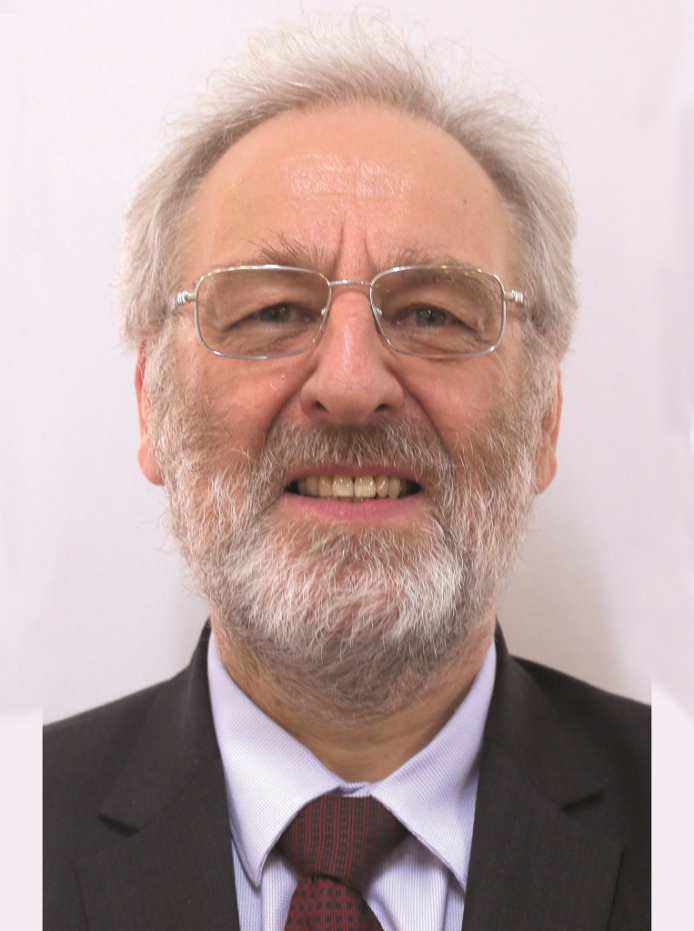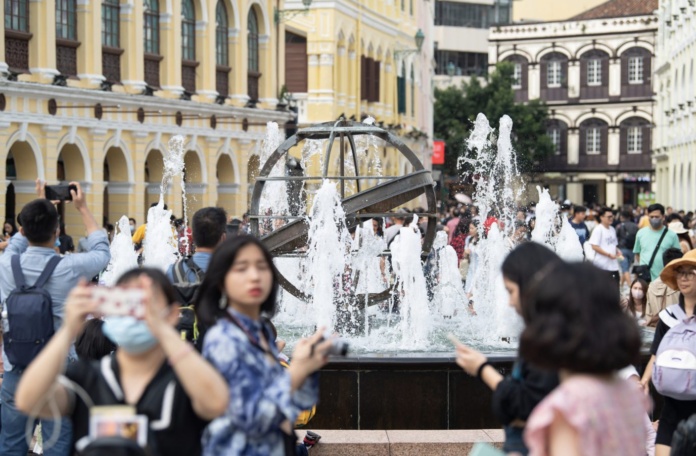
Macau Business | September 2023
Keith Morrison – Author and educationist
One of the routine mantras that one hears every day in Macau is its international make-up and societal fabric, which reaches back centuries. Walk down the city streets of Macau and you will see people from many nations, be they tourists or non-resident workers.
However, Macau is not as international as it professes to be, and in many senses. In terms of population, the 2021 census of Macau showed that, setting aside residents who were born in mainland China and the Greater China region, Macau had only 76,000 (rounded) residents from outside Macau, and only 11 per cent of its population were non-Chinese, compared to some international countries, for example, in 2020: the USA (50 per cent), Germany and the UK (16 per cent each).
In terms of visiting Macau, it is relatively easy to be international in Macau if you are a tourist, as they are the lifeblood of its economy. However, travel to and from Macau for some international tourists is a pain, as the number of direct flights from outside East Asia is miniscule. Perhaps it is hardly surprising that, for inter-continental tourists, Macau is still unattractive. Data on international tourists reveal a 43 per cent per drop in international tourists since the end of 2018 to the present, and if we remove the number of visitors from mainland China and the Greater China region, there is an 84 per cent drop in international tourists.
How easy is it to be an international employee in Macau? For many it is very far from easy. The number of non-resident workers in Macau dropped from the highest point in the first quarter of 2020 (171,000, rounded) to the first quarter of 2023 (148,000, rounded). But this masks big differences: Philippines (down 16 per cent), Vietnam (down 51 per cent), Hong Kong (down 43 per cent), India (down 20 per cent), Indonesia (down 49 per cent), Malaysia (down 63 per cent). The pandemic saw off thousands of international, non-resident workers at the drop of a hat, only to require many of them to come back when the economy picked up, i.e. a disposable commodity until needed: Marx’s reserve army of employees, particularly for lower-skilled jobs. Portuguese workers and their families left Macau, intending never to return. Why else is this, apart from the pandemic and its effects on the downturn in Macau’s economy?
One explanation is this: the social philosopher Axel Honneth critiqued societies for their failure to recognise and respect subaltern, marginalised, and disempowered groups, i.e. for the failure to accord social justice and legitimate rights, dignity, identity, civil rights, status, decent work, and esteem to small, disempowered groups in society who are unable to gain access and opportunity to lead a fulfilling life. This applies to many international, low-skilled, non-resident workers in Macau. Do recognition and respect really happen for Macau’s non-resident workers? Look at Macau’s immigration and labour departments and ask how well they meet this standard. Many of Macau’s non-resident workers are treated as third-class labourers, particularly if they are regarded as low-skilled.
Recognition, for Honneth, is at the centre of moral and ethical life, treating people humanely and respectfully, rather than instrumentally, as objects and commodities. Humanitarianism is a defining feature of a truly international society. How strong is this in would-be international Macau? Who are the first to go when times are hard for the economy? Even after the re-opening of Macau to foreign visitors and workers, job security for non-resident workers remains extremely frail, yet Macau relies on them.
Macau is very happy to welcome tourists from across the world, but it has few adequate protections and respect for its non-resident workers; there is misrecognition of their worth as employees. As the pandemic revealed, to be an international worker in Macau is to be fragile, expendable, a perishable good. How international is that? Sadly, a condition for being an international non-resident worker in Macau is to be silent, compliant, accepting, obedient, and easily dismissible.
Just when diversification is the name of the game in Macau, and with the manifold benefits of diversity that internationals can bring, how sensible is it to treat its international non-resident workers so poorly, and with lamentable transparency and accountability? How much do Macau employers care about their non-resident workers? Just how international is Macau, really? No wonder the Macau government, less caring about its international workers, has to try endlessly to entice local talent to return from abroad to Macau.
























